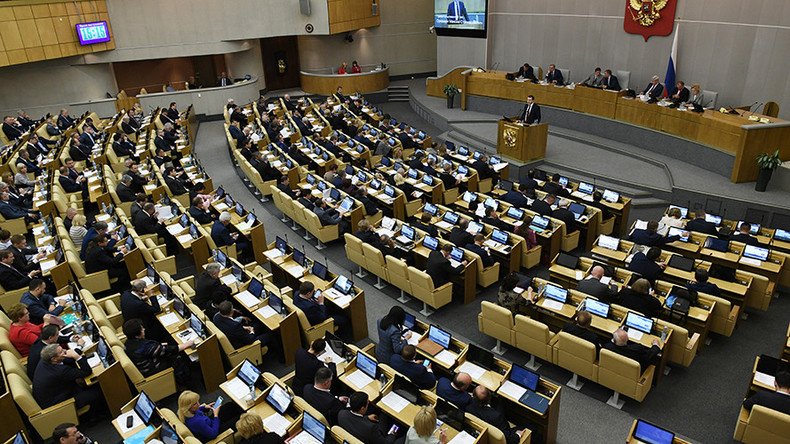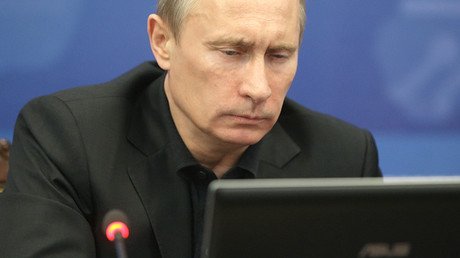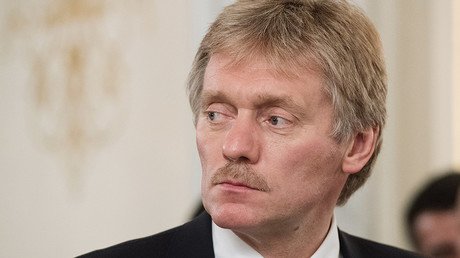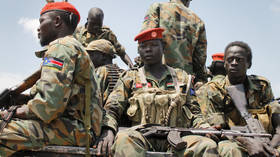State Duma, FSB chief urge greater protection for Russia’s informational infrastructure

Russian lower house lawmakers and the director of the Federal Security Service (FSB) have discussed the information security strategy and agreed on the primary importance of joint measures to defend national sovereignty in cyberspace.
The Friday discussion between lawmakers and FSB director Aleksandr Bortnikov was closed to the press, but some of the participants of the event shed some light on it in subsequent interviews.
State Duma Speaker Vyacheslav Volodin said in comments with Interfax that in his opinion the laws that guarantee the informational security of the nation must be adequate to the challenges that the country faces.
“The comparative categories, like ‘making harsher’ or ‘making stronger’ are unacceptable. The legislation in the security sphere must be effective and it must solve the tasks and react to the challenges that the country is facing,” Volodin said.
First deputy head of the State Duma Committee for Security and Countering Corruption, Dmitry Savelyev, told TASS that among other issues the lawmakers and the FSB head discussed the possibility of creation Russia’s own internet messengers.
“I think that we will need to alter our laws to introduce own messengers in Russia and to develop computer chips. This is very important,” he said.
“Cybersecurity is currently on the top of the agenda, I mean the development of Russian computer systems and software and especially the development of hardware on the basis of Russian research. As long as servers remain in their hands, abroad, they have all informational leverage,” he added.
The head of the lower house Committee for Security and Countering Corruption, MP Vasily Piskaryov, told reporters that lawmakers and the head of the Federal Security Service had a constructive and interesting discussion.
“The State Duma parties have a single consolidated position. It is that the protection of national interests and of Russia’s sovereignty is a common objective,” he said. Piskaryov then emphasized that any illegal activities in the cyber sphere must be cut short, but such decisions must not infringe upon the interests of law abiding citizens or violate the constitutional principles that protect privacy.
The head of the State Duma Committee for Informational Policies, MP Leonid Levin, told reporters that he and his colleagues discussed cyberattacks and their possible effect on the state during their meeting with the FSB director. He also confirmed that a large part of Bortnikov’s report was dedicated to the development of domestic software and the necessity to gradually achieve the situation when all state agencies run only such software.
Another issue discussed at the closed parliamentary session was countering the spreading of illegal content, including extremist materials.
The head of the Communist Party, Gennady Zyuganov, said that in his view information security was of primary importance in the current political situation in the world.
“Not a single country, no matter how powerful it is, is not protected from informational aggression and various provocations,” Zyuganov told Interfax. He also urged to invest more in science and education.
“One-and-a-half million Russian specialists of the highest qualifications are currently working abroad. Bill Gates became the richest man in America thanks to 100 computer programmers, and 50 of them were Russians. They could have worked in our laboratories and institutes,” he said.
The head of the United Russia MPs – the largest representation in the lower house – said that the Friday meeting was akin to “setting the watches” in a counter-terrorist operation.
“It was important for us to hear that we are making passing the right bills in the data security sphere. We understand what we are doing. We are going to pass sufficient acts, on the basis of the best international experience and practice. And there will be no excesses,” Vladimir Vasiliev was quoted as saying by Interfax.















